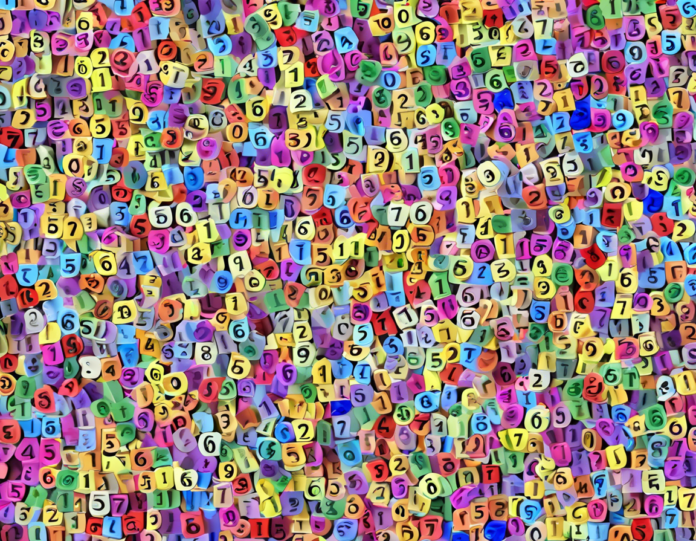Prime numbers have always been a fascinating topic in mathematics. Whether you’re a student learning about them for the first time or a math enthusiast looking to deepen your understanding, prime numbers never fail to spark curiosity. One common question that arises when exploring prime numbers is whether a specific number is prime or not. In this blog post, we will delve into the concept of prime numbers, explore the characteristics that define them, and determine whether 57 is a prime number.
What are Prime Numbers?
Prime numbers are natural numbers greater than 1 that have only two distinct positive divisors: 1 and the number itself. In other words, a prime number is a number that is divisible only by 1 and itself. For example, the first few prime numbers are 2, 3, 5, 7, 11, and so on. Prime numbers play a crucial role in mathematics, with applications ranging from cryptography to number theory.
Characteristics of Prime Numbers
-
Divisibility: Prime numbers are only divisible by 1 and themselves. This property distinguishes them from composite numbers, which have additional factors.
-
Density: Prime numbers become less frequent as we move along the number line. However, there are infinitely many prime numbers, as proven by Euclid.
-
Primality Test: Determining whether a large number is prime can be challenging. Various primality tests exist, such as the Sieve of Eratosthenes and the Miller-Rabin test.
-
Fundamental Theorem of Arithmetic: Every integer greater than 1 can be expressed uniquely as a product of prime numbers (up to the order of factors).
Is 57 a Prime Number?
To determine whether 57 is a prime number, we need to assess its divisors. A prime number should have exactly two divisors: 1 and the number itself. Let’s examine the divisors of 57:
- 57 ÷ 1 = 57
- 57 ÷ 3 = 19
- 57 ÷ 19 = 3
- 57 ÷ 57 = 1
From the above calculations, we see that 57 can be divided evenly by 1, 3, 19, and 57. Since 57 has more than two divisors, namely 1, 3, 19, and 57, it does not meet the criteria of a prime number. Therefore, 57 is not a prime number but a composite number due to having additional divisors beyond 1 and itself.
Frequently Asked Questions (FAQs)
- What are the first 10 prime numbers?
-
The first 10 prime numbers are 2, 3, 5, 7, 11, 13, 17, 19, 23, and 29.
-
Are there prime numbers greater than 29?
-
Yes, there are infinitely many prime numbers, and they exist beyond 29. Prime numbers occur sporadically throughout the number line.
-
Can negative numbers be prime?
-
By convention, prime numbers are defined as natural numbers greater than 1. Therefore, negative numbers are not considered prime.
-
Do prime numbers have any applications outside of mathematics?
-
Prime numbers are crucial in fields like cryptography, where they are used in encryption algorithms to secure data transmission.
-
What is the largest known prime number?
- As of August 2021, the largest known prime number is 2^82,589,933 − 1, a number with 24,862,048 digits. It was discovered in December 2018.
In conclusion, prime numbers are an intriguing area of mathematics that continue to captivate mathematicians and enthusiasts alike. Understanding the characteristics of prime numbers, such as their divisibility and unique properties, is essential in discerning whether a number like 57 is prime or composite. While 57 falls into the latter category, the exploration of prime numbers opens up a world of mathematical beauty and complexity waiting to be unraveled.


Recent comments